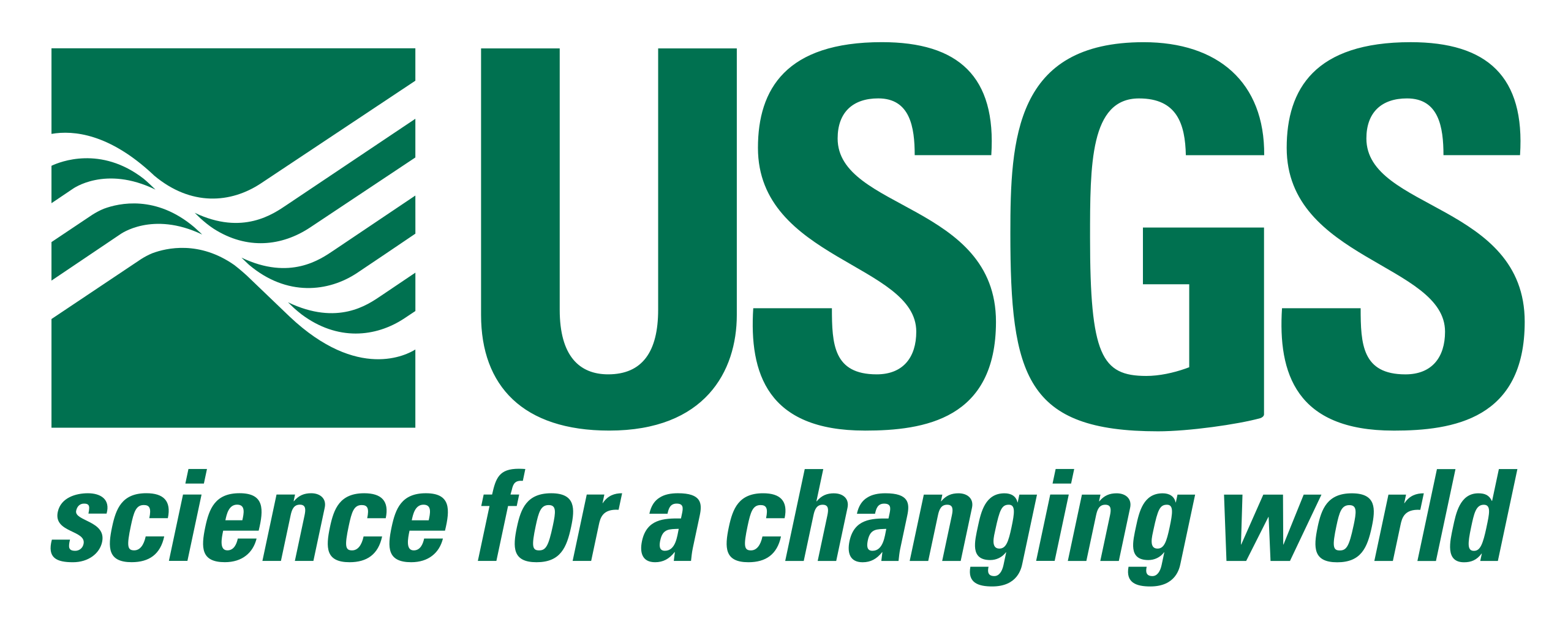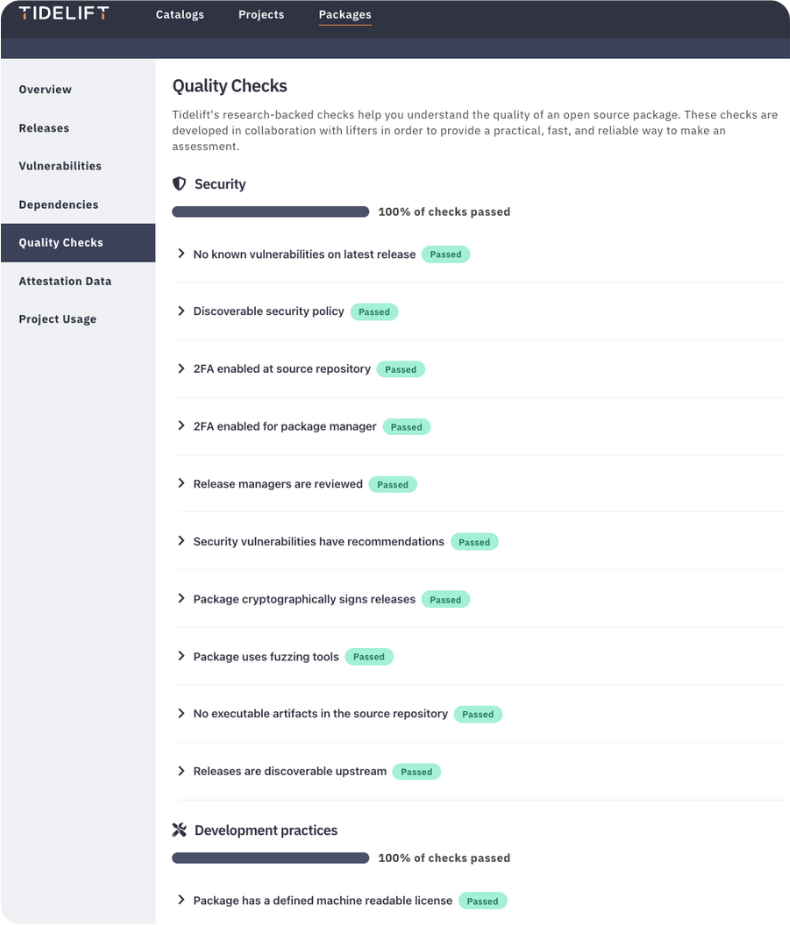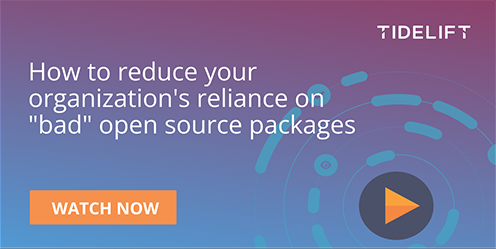Tidelift is the only company that partners with open source maintainers and pays them to:








Thanks to maintainers working on projects like Fabric, you can use Tidelift to give your teams access to a continuously curated stream of validated data about vetted components they need to make intelligent decisions, faster.
You can feel confident bringing Fabric into your application’s dependency tree because the maintainers of Fabric are paid by Tidelift to ensure their open source projects follow standardized secure software development practices.
Fabric is a high level Python (2.7, 3.4+) library designed to execute shell commands remotely over SSH, yielding useful Python objects in return.
It builds on top of Invoke (subprocess command execution and command-line features) and Paramiko (SSH protocol implementation), extending their APIs to complement one another and provide additional functionality.
Core use cases for Fabric include (but are not limited to):
Fabric is available via the PyPI package manager.

Tidelift takes a unique, data driven approach to addressing the issue of bad packages. Tidelift partners with the maintainers of thousands of the most-relied-upon open source packages and pays them to implement industry-leading secure software development practices and document the practices they follow. The result is a unique source of cross-ecosystem package intelligence that customers use to identify and eliminate bad packages.
Tidelift’s package intelligence can be easily integrated into your preferred workflows using our flexible APIs or by adopting our web UI and CLI capabilities.



jackson-databind

minimist
urllib3

SockJS

Pillow

Mongoose

Apache Commons

Improve the overall health and resilience of the open source you rely on so you can reduce the chances of being impacted by the next xz utils backdoor or Log4Shell.
.png)
Check out the new state of the open source maintainer report which included 11 key headlines coming out of our new survey of over 300 open source maintainers.
.png)
Tidelift mentioned in the Gartner hype cycle for open source software.